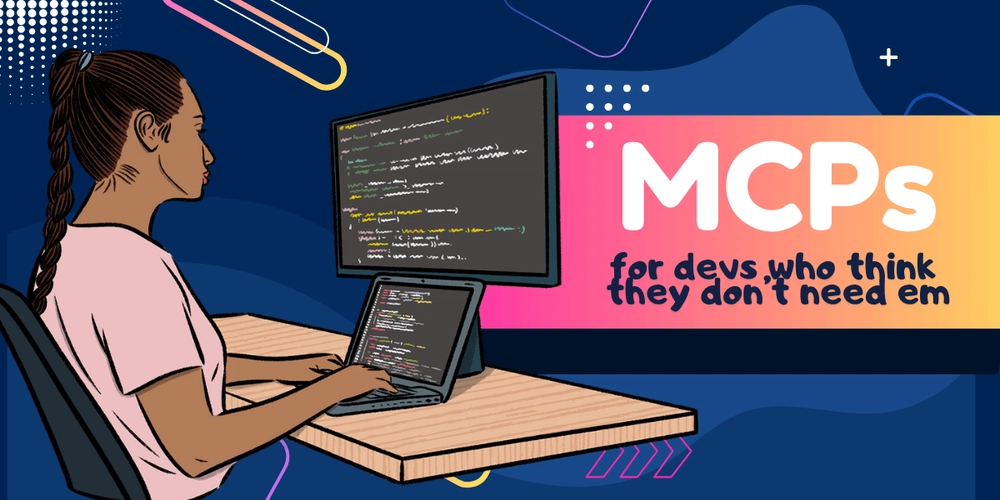I’ve built things. Now, I want to start writing.
For years, I’ve lived behind the screen architecting systems, reviewing pull requests, optimizing APIs, and mentoring developers.
But recently, I’ve realized something powerful: it’s not enough to build. It’s time to also document the journey — the thoughts, mistakes, lessons, and philosophies that shape great engineering.
So, here’s my first piece — a reflection on something I deeply believe:
Coding is poetry.
Why coding is more than logic
Every line of code carries rhythm, tone, and intent.
Good engineers don’t just solve problems; they express ideas elegantly.
Readable code, like good poetry, transcends syntax. It communicates meaning — to your teammates, to your future self, and to the next developer who inherits your work.
The best engineers write code that others can feel and understand — not just execute.
A lesson from breaking things
I learned this the hard way.
Early in my career, I made a seemingly small optimization — a tweak that improved performance but broke backward compatibility.
Production went down. The issue wasn’t my logic; it was my lack of empathy for the unseen dependencies in the system.
That day, my CTO pulled me aside and said something I’ll never forget:
“Code isn’t just yours. It’s a conversation between everyone who will ever touch it. It’s a contract between you and anyone using your APIs either you know them or not.”
Those statements changed how I think about software forever. From that moment, I started writing every function like a sentence in a story; clear, intentional, and kind to the next reader.
Collaboration is a creative act
I’ve worked with brilliant developers — some humble, some prideful.
But the strongest teams I’ve seen are the ones that treat coding as collaboration, not competition.
A great developer isn’t just one who writes performant code — it’s one who writes understandable code.
The goal is not to impress; it’s to express.
When your code reads like poetry, others want to read it, improve it, and contribute to it. That’s how engineering cultures grow.
Coding is leadership
Readable code is leadership in written form.
It’s how you lead your teammates, even when you’re not in the room.
Leadership in engineering doesn’t always come from meetings or titles.
Sometimes it’s from a well-named variable, a clear comment, or a design pattern that makes someone whisper, “Oh, now I get it.”
Writing code that breathes
Readable code has a pulse.
It’s consistent, predictable, and intentional.
It doesn’t try to be clever; it tries to be kind.
It anticipates misunderstanding and guards against it.
It uses simplicity as a weapon against chaos.
In short — clean code is kindness in action.
Final thoughts
We often celebrate the complexity of what we build — the architecture, the frameworks, the performance metrics.
But the real beauty lies in simplicity and clarity.
Every time you open your editor, remember:
You’re not just writing instructions for a machine.
You’re writing poetry for humans who will walk your path.
So write beautifully.
Write thoughtfully.
Write code that speaks.
This is the beginning of my writing journey as a software engineer and CTO. If this resonates with you, follow me — I’ll be sharing stories, lessons, and reflections on software engineering, leadership, and the art of building with clarity.




